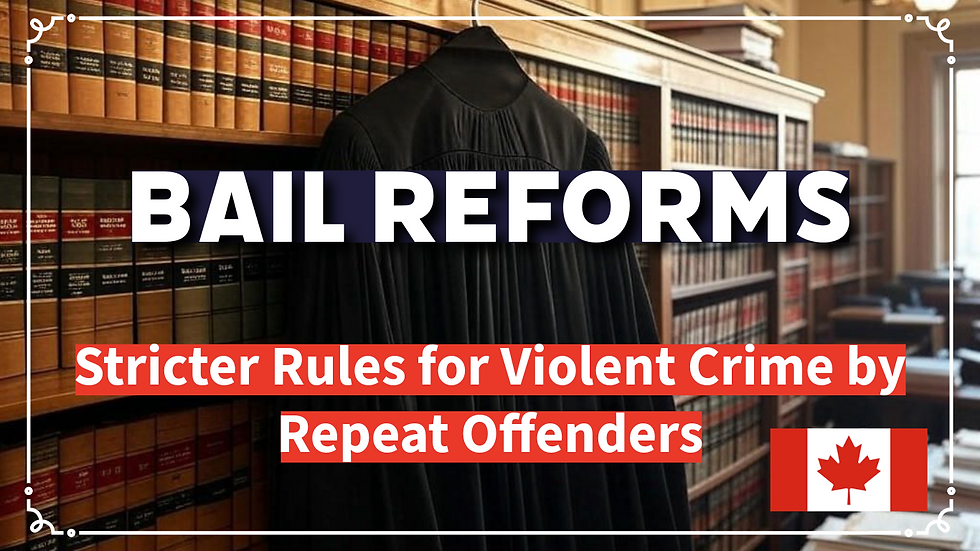The case of Prabir Purkayastha v. State of NCT of Delhi
- M.R Mishra

- May 17, 2024
- 3 min read
The Remand Order as obtained from Times news network (TOI)
It states:
Present: Shri Atul Kumar shrivtastav and assistant public prosecutor for the state in person
Accused person present with Remand counsel Shri U. Kataria
Shri arshdeep Singh Khurana council for accused
An application has been moved by the IO seeking police custody remand of accused prabir Purkayastha & Amit Chakraborty for a. Period of 15 days. Copy of remand application send through WhatsApp .
Heard , record ,Perused
Considering the integrate nature of investigation required in the constant matter accused person Praveen Prabir Purkayastha and Amit Chakravarti are remanded to police custody for a period of 7 days that a still 10th October
Application disposed of accordingly
Accused person must be medical examinerd every 48 hours during police subsidy demand
What is Remand?
In common parlance, the term 'remand' typically signifies the act of sending something back.
Remand has two main meanings in the legal world:
1. Pre-trial detention: This is the most common use of the term. When someone is remanded, it means they are being held in custody, typically in a jail or prison, until their trial. This is done for a few reasons, such as if the crime is serious, there's a risk the person won't show up for trial, or they might be a danger to themselves or others.
2. Sending a case back to a lower court: This happens less frequently and applies more to appeals. If a higher court finds that a lower court made a mistake, they might remand the case back down to the lower court for them to reconsider it.
Generally,
Under Section 57 of the Criminal Procedure Code (CrPC), it is mandated that an individual cannot be held by the police in custody beyond a period of 24 hours. This clause explicitly forbids any police officer from extending the detention of an individual who has been arrested beyond the stipulated 24-hour timeframe in police custody.
Technically It denotes the process of returning an accused individual into the custody of a lawful authority. Additionally, it refers to the appellate court's action of sending a case back to a lower court for further proceedings.
The authority of a judicial body to place an accused under remand is delineated by several sections within the Code of Criminal Procedure (CrPC), specifically Sections 167(2), 209(b), and 309(2).
Section 167(2) pertains to the investigative phase, authorizing remand to facilitate ongoing inquiries, with the possibility of either judicial or police custody.
Section 209(b) comes into effect post-commitment of a case by a magistrate, allowing for the remand of the accused throughout the trial, subject to bail stipulations within the code.
Section 309(2) is relevant post-cognizance and permits only judicial custody.
Associated Case:
State Rep. by Inspector of Police & Ors.N.M.T. Joy Immaculate 2004
The learned Vth Metropolitan Magistrate by his order dated 6.11.2001 had granted police remand for one day of the accused Joy Immaculate in exercise of powers conferred by Section 167 Cr.P.C. She was given in police custody on the same day and was produced before the learned Metropolitan Magistrate on 7.11.2001 and thereafter she was sent to judicial custody.
The order had exhausted itself as the police custody was actually given. However, the accused challenged the aforesaid order by filing a criminal revision petition under Section 397 Cr.P.C. after two weeks on 21.11.2001.
The order granting police custody in respect of the petitioner passed by the learned Magistrate is ex facie illegal. Consequently, it is held that the said order is non-est and has to be erased from the records.
Read the Full incident:








Comments